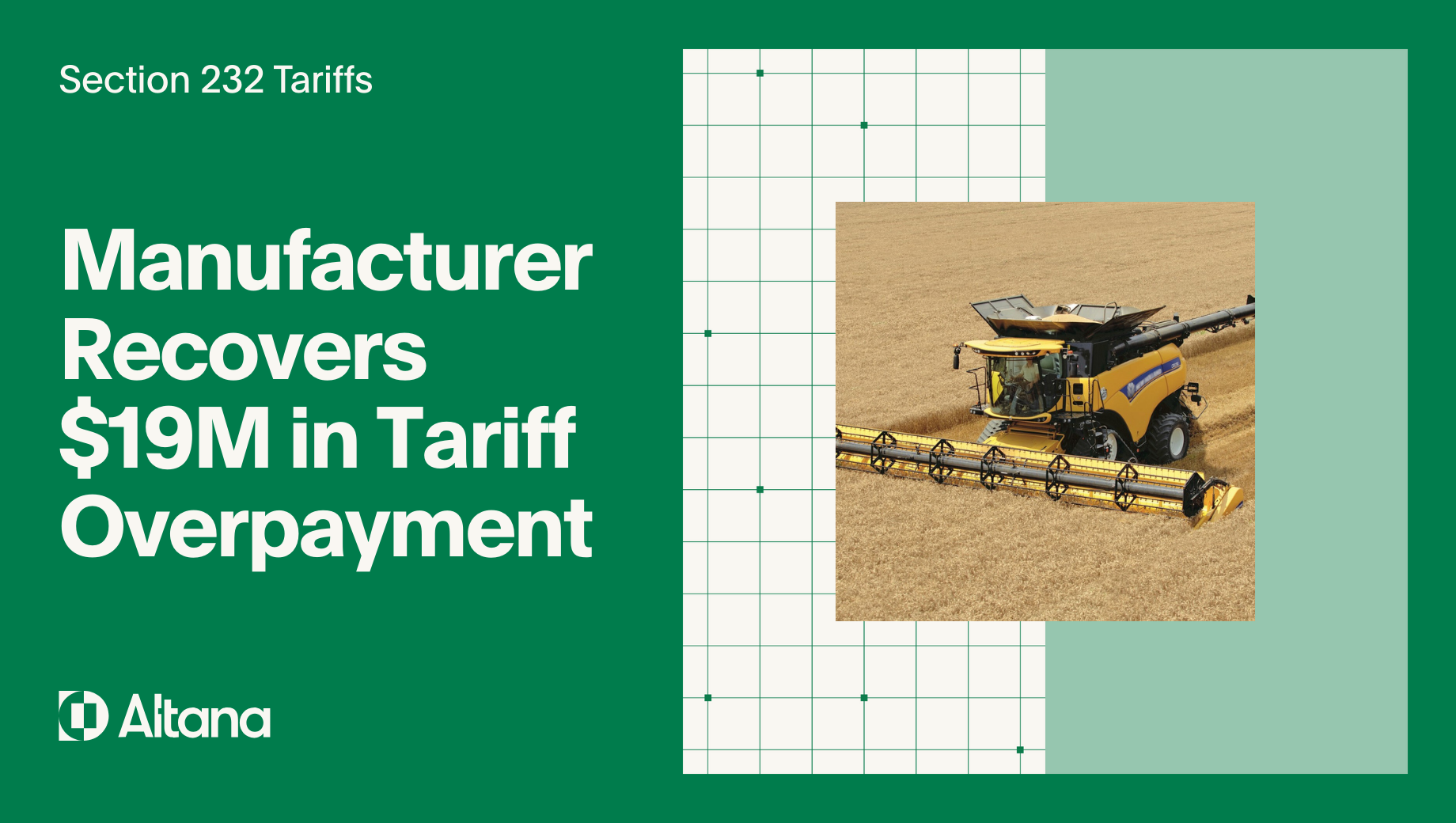Compliance regulations are growing increasingly complicated and onerous — now holding businesses accountable for their extended value chain networks.
Geopolitical conflict and climate change are driving a sea change of regulation.
No compliance program is suited for this new reality. While compliance teams were once accountable only for their company’s direct activity – their actions, and their immediate suppliers and customers – they are now being held to account for indirect activity across their extended, multi-tier value chains.
These changes present a transformational opportunity for compliance to serve as a strategic driver of the business, ensuring efficiency, sustainability, resilience, and competitive advantage from sourcing through sales and marketing.
The consequences of non-compliance are material, and the regulations keep coming.
The stakes are high – failure to comply can result in critical goods seized at the border or denied entry, clearance delays, billions of dollars in fines and penalties, and damaged reputations.
The number of markets aggressively regulating networks is expanding, and already includes the US, EU, UK, and Canada.
Not only do these new regulations require compliance across a business’ entire multi-tier network, the number and scope of regulations is rapidly expanding and already covers everything from sanctions to forced labor, deforestation, carbon, and more. Some examples:
- Workers Rights: the Uyghur Forced Labor Prevention Act (UFLPA) in the US
- Climate and Sustainability: the EU’s Corporate Sustainability Due Diligence Directive (CSDDD) and the EU’s Carbon Border Adjustment Mechanism (CBAM)
- Geopolitically Related Sanctions (the UK and EU’s multi-tier Russian Steel Sanctions)
- Critical Minerals (Foreign Entities of Control Requirements in the Section 30D Clean Vehicle Credit)

Altana, the world’s first value chain management system, offers you a unified, one-stop solution to multi-tier, cross-border compliance.
See all of your value chains, upstream and downstream, built from detailed material flow visibility, and based on your actual products. Edit, verify, and document your value chain relationships to build ground-truth value chain master data in support of compliance attestations.
Focus on areas of exposure specific to your business, screen new and existing suppliers and products against every compliance requirement– from forced labor to carbon to sanctions — with real-time alerts, tailored insights, and AI decision support across all your product lines.
Act across your value chains to get every compliance job done — from triaging potential risks to collecting and verifying documentation from distant suppliers, to building audit trails, and creating, managing and filing mandated regulatory reports. Collaborate with internal stakeholders, your extended supplier and distribution networks, and with regulators all from a shared source of truth.
Learn More with this PDF


